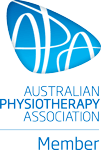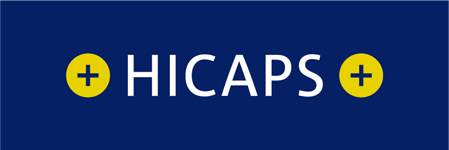Achilles Tendinopathy
The Achilles tendon attaches the calf muscles in the posterior lower leg to the back of the heel (Calcaneus). There are two calf muscles, the Gastrocnemius and Soleus. These strong muscles allow us to rise up on our toes making them prime muscles used in walking and running.
Achilles tendon pain is usually due to small tears in the tendon which can develop over time. This may occur due to a single incident of overstretching or straining the tendon, or through general overuse where the tendon becomes worn and damaged.
Common causes include:
- poor foot biomechanics, tight calf muscles, poor tensile strength through the tendon and calf muscles
- overtraining
- incorrect footwear.
Achilles tendinopathy is an unfortunately common complaint seen in a physiotherapy clinic and those susceptible include runners and sports where there is considerable jumping, such as basketball.
A common client that physiotherapists see are women wearing high heeled shoes then switching to sneakers for exercise during or after work. Your physio can give you advice on more appropriate foot wear, or even just wearing your heels at work and putting trainers on to and from work.
Achilles symptoms include pain in the Achilles tendon, heel or lower calf. Tenderness to pressure and redness and swelling are common. There may be difficulty rising up onto your toes, particularly when standing on 1 leg only.
Early physiotherapy treatment for this problem is vital as it can become difficult to resolve the longer it has been there. Full rehabilitation is important to achieve an optimum outcome and prevent reoccurrence.
Physiotherapy treatment of Achilles tendinopathy may incorporate:
- soft tissue release to tight calves
- guidance on appropriate stretches and strengthening exercises
- advice on footwear and training. Referral to a podiatrist is sometimes indicated if foot biomechanics are an issue.
Physiotherapists see this injury frequently, particularly in summer when people are out and about more, running on hard concrete surfaces or even running on soft sand. Do not let this injury go untreated by your physiotherapist as it can become a chronic problem very easily.
Call 02 9681 3467 or Click Here To Book An Appointment





